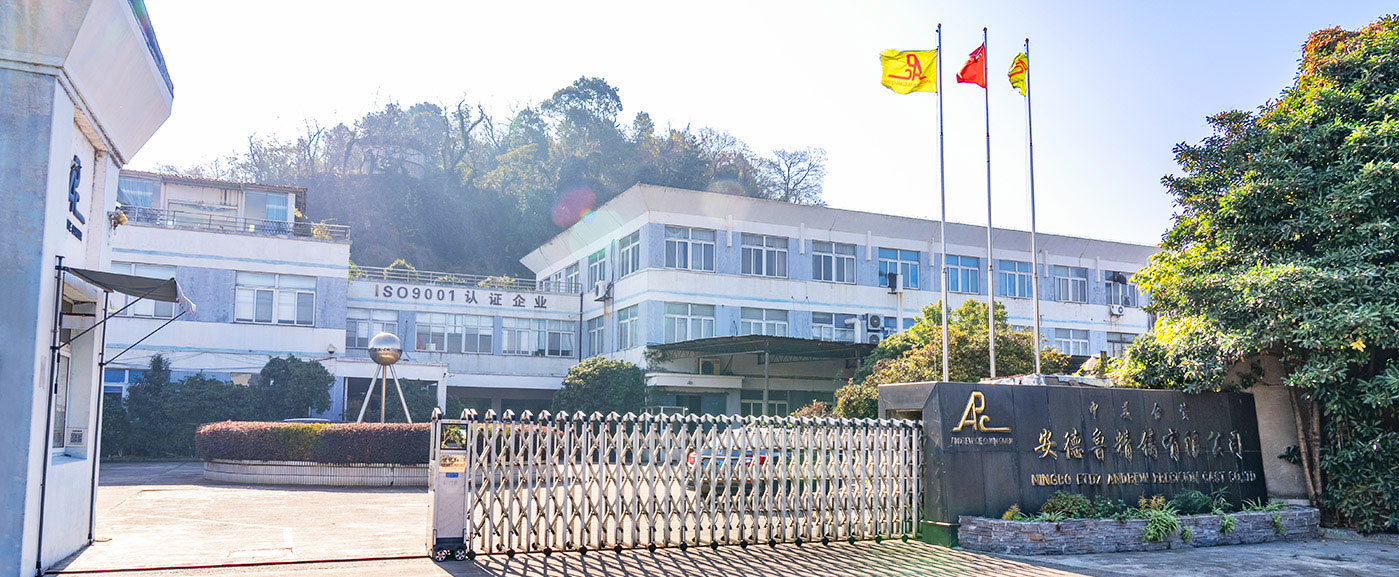What are the advantages of surface treatment technology for water pump castings
In today's industrial production, the surface treatment technology of water pump castings has received increasing attention. Ningbo Andrew r...

Ningbo Etdz Andrew Precision Cast Co., Ltd. is China Stainless Steel Impeller Casting Manufacturers and Wholesale Impeller Casting Factory, specializing in the production of Stainless Steel Precision Impeller Casting. The company is a joint venture established at the end of 1997. The company is located in Xiaogang Town, 20 kilometers northeast of Ningbo City. It is only 15 kilometers away from Beilun Port, the largest international freight port in the country, with convenient transportation and a good environment.The company has strong, advanced technology and capital, and constantly introduces new products. The company is booming at an astonishing rate. The company has nearly 120 employees, including 15 engineering and technical personnel. The company is constantly cultivating, introducing, and reserving a group of high-tech professionals, and now the company is considered a high-tech enterprise. The general manager is specially appointed as a provincial casting technology expert and an executive director of the China Precision Casting Association. He has been leading a group of high-tech and high-quality teams fighting in the stainless steel precision casting industry for a long time. They are constantly making progress and innovating, and are showing a new look. Become at the forefront of the advanced precision casting industry in the country and the world. The company specializes in producing various valves, pumps, marine hardware, auto parts, train parts, pipe parts, and other hardware stainless steel precision casting products, with a monthly output of more than 200 tons. More than 90% of the company's products are exported to the United States, Germany, Japan, Italy, Russia, Spain, and other countries and regions. The company relies on unique advanced technology and scientific management methods to produce high-quality stainless steel products that meet the needs of different customers. And promises to customers: "Backed by first-class technology and pioneered by leading new product development, we will become the most reassuring and satisfied enterprise for customers." Ningbo Andrew welcomes new and old customers to cooperate, and we will serve you wholeheartedly.
In today's industrial production, the surface treatment technology of water pump castings has received increasing attention. Ningbo Andrew r...
In the current fierce market competition, Ningbo Andrew continues to lead the development of the water pump casting industry with its advanc...
In the field of machinery manufacturing, diaphragm pumps are key fluid transmission equipment, and the stability of their performance is clo...
In the machinery manufacturing industry, diaphragm pumps are an important fluid transport equipment, and their application areas cover many ...